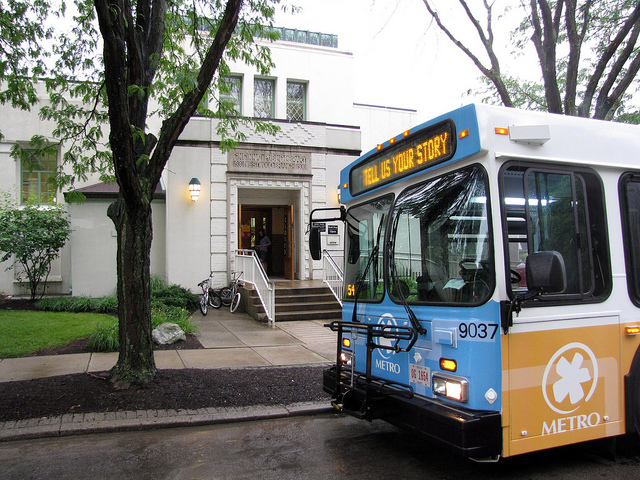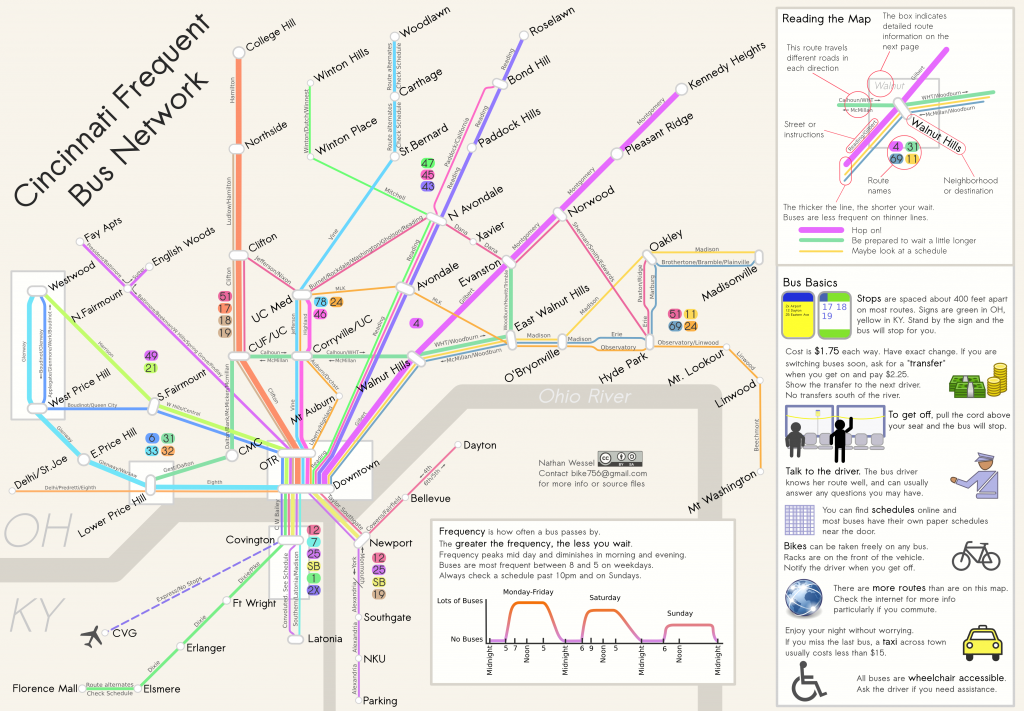A struggling job market led to ridership declines for Cincinnati’s primary transit operator over the past two years, but new data shows ridership growth for the Southwest Ohio Regional Transit Authority (SORTA).
SORTA operates Metro bus service and will be the operator of the Cincinnati Streetcar when it becomes operational in 2013. Beyond improving economics, Metro officials believe that soaring gas prices are a big reason for the ridership growth.
Metro saw ridership increases in both January and February which saw a five percent ridership increase over the previous year.
The positive news comes with continuing negative news from Columbus for Metro’s 17 million annual riders. While Metro posts ridership gains and experience an improving bottom line, they are also seeing state funds dry up at the request of Governor John Kasich (R).
Since taking office, Kasich has given away a $400 million federal investment in high speed rail that would have connected Cincinnati, Dayton, Columbus and Cleveland. The governor has also cut transit funding by $70 million which led to the elimination of express bus service from Cincinnati’s northern and western suburbs to Uptown, and he appears poised to try to yank $52 million from the Cincinnati Streetcar project.
“We believe Metro’s ridership increase is a response to the high gas prices, and Metro serves the community by providing a money-saving alternative,” Terry Garcia Crews, Metro CEO, said in a prepared release.
But as gas prices continue to rise, and more people look for money-saving transportation alternatives, they may be greeted by fewer options. Those interested in riding Metro can purchase unlimited monthly passes for $70 or single trips for $1.75.

